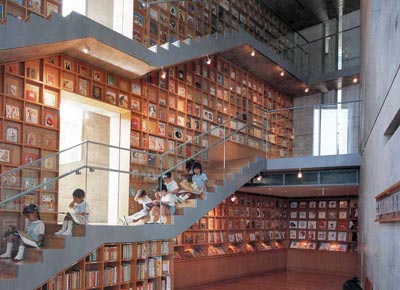Sep 22, 2007 04:30 AM
Peter Small
Courts Bureau, TheStar.com
A Toronto librarian accused of shooting a white police officer in Chicago almost 40 years ago should not be extradited to face trial in the U.S. because as a black man, he won't get a fair trail, his lawyer has told three appeal court judges.
"Black men in the United States have been victims of persecution for centuries and that includes to the present day ... including state authorities in Chicago," John Norris argued yesterday.
Canada's justice minister turned a "blind eye" to this deep-rooted racism when he ordered Joseph Pannell to be surrendered for extradition, Norris told the panel.
But federal Crown counsel Janet Henchey countered there would be no particular risk to Pannell due to U.S. racism. "Frankly, there is racism in Canada."
Pannell, 58, has been in jail since July 2004, when he was arrested at gunpoint as he left his job at the Toronto Reference Library. continue reading




























































Sunday, September 23, 2007
Sunday, September 09, 2007
LIGHTSPACE: Paradigm Shift in Education

"In my student days I studied in some of the world’s most renowned libraries, such as the awe-inspiring library of the British Museum, — where supposedly the dream and the horror of communism was born —, or the much smaller library of Mackintosh’s Fine Arts School in Glasgow. Their difference in size was immense, but there was a common denominator shared by almost all the classical style libraries: that was their dark atmosphere, dim spot lights only, hardly any sound, only whispering; visually you were surrounded by stacks of mostly leather bound and dusty books looking all very ancient. Both buildings were center oriented, inward looking only. You were meant to be glued to your seat over your book. One had the feeling of being in a monastic setting with ancient editions of the Bible, the Greek tragedies and other heavy volumes of sacred wisdom. One wasn’t allowed to speak, forget about laughing. Libraries were conceived as castles of learning, education and ancient wisdom, as if education by default had to be directed backwards. And above all, the accent was on seriousness.
The results of this cloistered and serious paradigm of human learning, whether in the dark halls of Oxford, Harvard or Berlin, ultimately sanctioned by the “religions of the book” from 2000 to 2500 years ago and not derived from “religions of personal experience”, are not encouraging: the 20th century was the bloodiest in human history, and the 21st promises to beat the gruesome record. continue reading Architecture of the Month: 2006 April
"
Subscribe to:
Posts (Atom)


